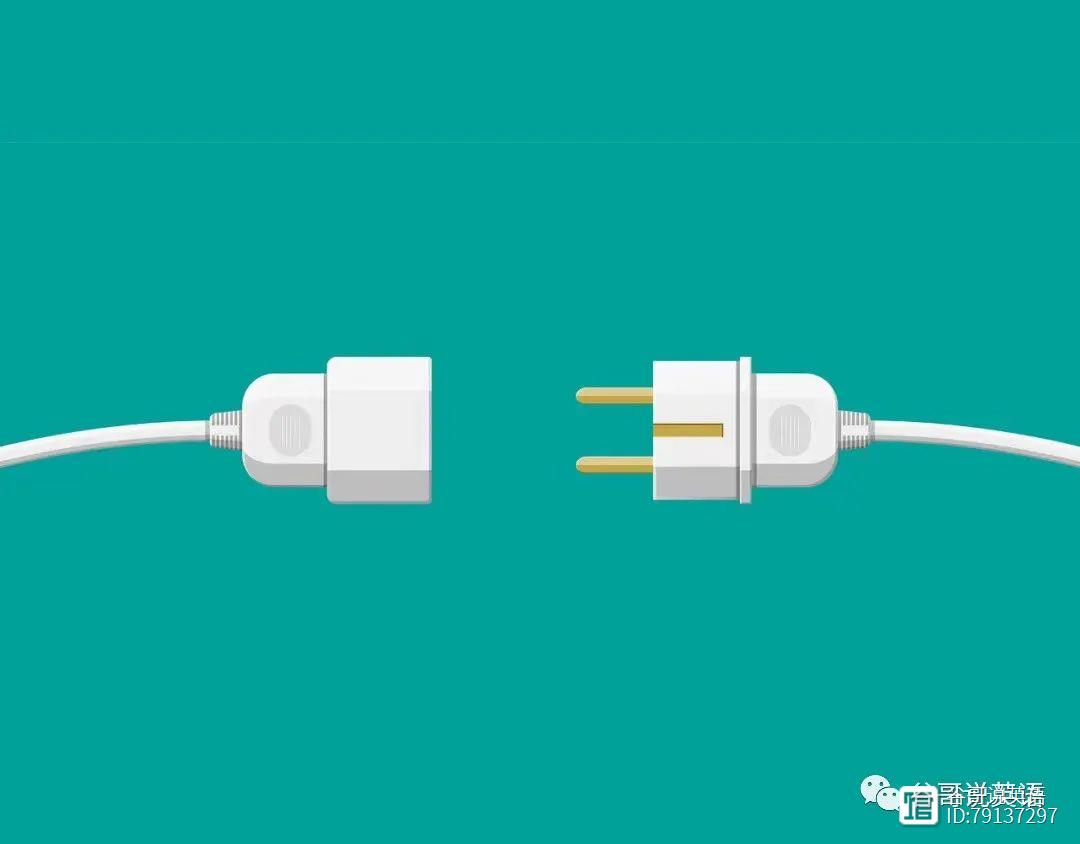2022年政府工作报告(12) | 翻译解析及短语归纳
要坚持政府过紧日子,更好节用裕民。大力优
化支出结构,保障重点支出,严控一般性支
出。盘活财政存量资金和闲置资产。各级政府
必须艰苦奋斗、勤俭节约,中央政府和省级政
府要带头。加强收支管理,严禁铺张浪费,不
得违规新建楼堂馆所,不得搞形象工程,对违
反财经纪律、肆意挥霍公款的要严查重处,一
定要把宝贵资金用在发展紧要处、民生急需
上。
Government will keep its belt tightened and
keep spending low to benefit the people. We
will improve the mix of government spending
so as to ensure funding for key areas and
strictly control general expenditures.
Budgetary funds and assets sitting idle will
be put into good use. Governments at every
level need to operate within their means and
economize where possible, and central and
provincial-level governments should take the
lead in this regard. Management of fiscal
receipts and outlays will be tightened up,
and wasteful and excessive spending will be
prohibited. We will prevent the construction
of new government buildings in violation of
regulations. No vanity projects will be
tolerated, and anyone who violates fiscal
discipline or squanders public funds will be
investigated and severely punished. We
must ensure that our precious funds are
used in areas that are critical to
development and to meet the urgent needs
of the people.
翻译解析及短语归纳
1. 要坚持政府过紧日子,更好节用裕民。
Government will keep its belt tightened and
keep spending low to benefit the people.
(1)作为首句,本句体现出一种政策导向。
“坚持”如何翻译,一般会根据其后所接内容灵
活处理。本句中,官方选择删除“坚持”,重点
处理其后内容。
(2)更好节用裕民:处理为“节用裕民keep
spending low to benefit the people”
(3)过紧日子keep one’s belt tightened;
tighten one’s belt
2. 大力优化支出结构,保障重点支出,严控一
般性支出。
We will improve the mix of
government/budgetary spending so as to
ensure funding for key areas and strictly
control general expenditures.
(1)“大力”可译为“work hard/endeavor to
do sth ; make major efforts to do sth; make
big moves to do sth”等。本句中,官方选择
删除处理。
(2)“支出”出现三次,官方用同义词和同义
句替换处理(“保障重点支出”处理为“确保重点
领域经费拨款”)
(3)(财政)支出结构 the mix/composition
of government/budgetary spending(注意:
这里的“结构”不是“structure”)
(4)一般性支出 general expenditures
3. 盘活财政存量资金和闲置资产。
Budgetary funds and assets sitting idle will
be put into good use.
(1)财政存量资金(idle)budgetary funds
(财政存量资金,主要是指一些没有按照预算
进度执行、依然趴在账上的沉淀结余资金。)
闲置资产assets sitting idle;idle assets
盘活…sth will be put into work/good use
4.各级政府必须艰苦奋斗、勤俭节约,中央政
府和省级政府要带头。
Governments at every level need to operate
within their means and economize where
possible, and central and provincial-level
governments should take the lead in this
regard.
(1)各级政府 Governments at all levels/at
every level
(2)艰苦奋斗、勤俭节约 operate within
their means and economize where possible
(量入为出、尽可能节俭)
注:means= the money that a person has 财
富;钱财
economize= use less money, time, etc.
than you normally use 节省;节约;节俭
(3)政府要带头 Governments should take
the lead in this regard(“in this regard”属于
增译,表示“在艰苦奋斗、勤俭节约这方面”)
注:in this regard= in connection with the
point previously mentioned
5. 加强收支管理,严禁铺张浪费
Management of fiscal receipts and outlays
will be tightened up, and wasteful and
excessive spending will be prohibited.(也可
用主动语态处理该句,如“We will tighten up
management…and prohibit…”)
(1)财政收支管理 management of fiscal
receipts and outlays
注:receipts = money that a business, bank
or government receives (企业、银行、政府
等)收到的款项,收入
outlay = the amount of money that you
have to spend in order to buy something or
start a project. (必要的) 费用
(2)铺张浪费 wasteful and excessive
spending;extravagance and waste
6. 不得违规新建楼堂馆所
We will prevent the construction of new
government buildings in violation of
regulations.
(1)新建楼堂馆所:处理为“新楼堂馆所的修
建”。另外,“楼堂馆所”的直译表达为“office
buildings, large halls and guest-houses”,官
方将其简化处理为“government buildings”。
(2)违规建筑 buildings in violation of
regulation
7. 不得搞形象工程,对违反财经纪律、肆意挥
霍公款的要严查重处
No vanity projects will be tolerated, and
anyone who violates fiscal discipline or
squanders public funds will be investigated
and severely punished.
(1)形象工程 vanity projects;
财经纪律fiscal discipline;
肆意挥霍公款squander public funds;
严查重处 be investigated and severely
punished
注:squander=waste money, time, etc. in a
stupid or careless way 浪费,挥霍(金钱、时
间等)
(2)“严禁”和“不得”:官方分别用“be
prohibited”、“prevent”和“No…will be
tolerated”三种结构表示。
8. 一定要把宝贵资金用在发展紧要处、民生急
需上。
We must ensure that our precious funds are
used in areas that are critical to
development and to meet the urgent needs
of the people.
(1)发展紧要处 areas that are critical to
development
(2)用在民生急需上:处理为“用在满足人民
的紧急需求上be used to meet the urgent
needs of the people”(注意“民生”的灵活处
理)
————————————————————————
编辑:Dennis
解析:Dennis
校对:Dennis
声 明
1.本材料摘选自2022年政工报告内容,翻译解析为本人原创,仅供学习交流使用。
2.其他公众号转载本文请注明出处,严禁用于各种商业目的,违者必究!
感谢关注转发本公众号
- 0000
- 00014
- 0000
- 0004
- 0000













